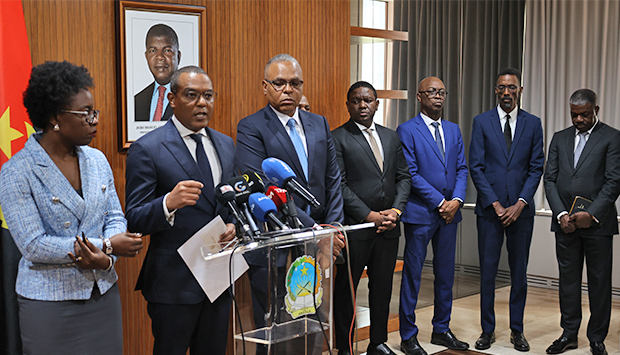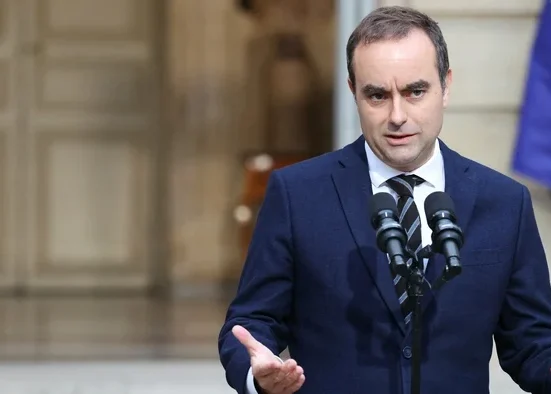LUANDA – The Angolan government has reaffirmed its commitment to economic and social stability by launching a 50 billion kwanza (approximately $60 million) credit line to support businesses affected by the July 28–30 unrest. With Luanda as the epicentre of the damage, the initiative represents a firm and timely institutional response to preserve private investment, protect jobs and rebuild confidence in the national economy.

AfricaHeadline Reports Team
editorial@africaheadline.com
The programme is coordinated by José de Lima Massano, Minister of State for Economic Coordination, and is being implemented through Banco de Poupança e Crédito (BPC). Loans are offered at a 5 percent annual interest rate, with a nine-month grace period and flexible repayment options.
Priority sectors include trade, food supply chains, logistics and small-scale production. Over 1,200 businesses are expected to benefit in the first phase, helping preserve more than 30,000 jobs. The government has also hinted at a possible expansion, including support for informal entrepreneurs.
Faced with increasing threats to public order and investor confidence, Angola’s leadership has acted decisively. The relief package serves as a direct counter to economic sabotage and a strong assertion of state capacity. Authorities are offering targeted mechanisms to accelerate business recovery and limit the broader economic impact of the unrest.

Access to the fund is subject to strict eligibility requirements. Companies must be registered, tax compliant and submit a formal application with supporting documents, including a police certificate confirming losses, a detailed statement of damages and a payroll declaration where applicable. These controls aim to ensure transparency and accountability throughout the process.
The relief programme is not merely financial. It plays a crucial role in sustaining operations across key value chains and supporting Angola’s broader goals of economic diversification. Rebuilding businesses will contribute to domestic production, reduce import dependence and stabilise essential goods supply, while safeguarding livelihoods across the country.
The BPC, as the implementing agency, is also expected to act as a catalyst for good governance. It has the authority to verify information, inspect claims and reject non-compliant requests. This institutional rigour is critical to preventing misuse and reinforcing the state’s image as a credible guardian of public resources.

Beyond emergency recovery, the fund reinforces Angola’s long-term vision. In a context of democratic consolidation and ongoing reform, preserving economic stability and investor trust remains a core priority. The initiative reflects a government that responds to crisis not only with control but also with constructive solutions.
Ultimately, the reconstruction of vandalised businesses reflects a broader national mission: to restore order, support community resilience and keep Angola on its path toward inclusive, sustainable growth. As the country continues its transformation, this programme signals not only recovery, but renewal.








